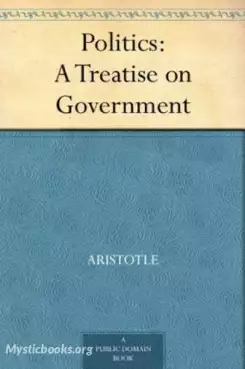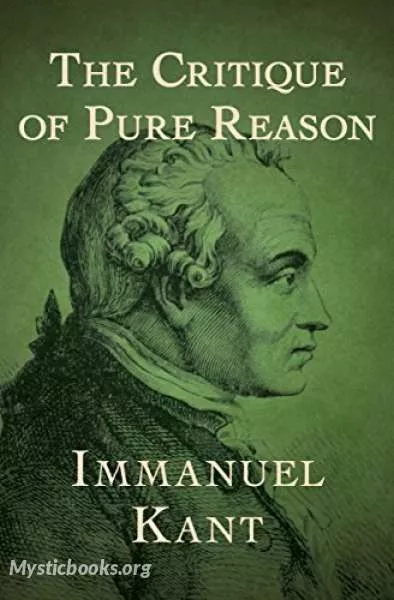
The Critique of Pure Reason
'The Critique of Pure Reason' Summary
Kant's rejection of Hume's empiricism
Before Hume, rationalists had held that effect could be deduced from cause; Hume argued that it could not and from this inferred that nothing at all could be known a priori in relation to cause and effect. Kant, who was brought up under the auspices of rationalism, was deeply disturbed by Hume's skepticism. "I freely admit that it was the remembrance of David Hume which, many years ago, first interrupted my dogmatic slumber and gave my investigations in the field of speculative philosophy a completely different direction."
Kant decided to find an answer and spent at least twelve years thinking about the subject. Although the Critique of Pure Reason was set down in written form in just four to five months, while Kant was also lecturing and teaching, the work is a summation of the development of Kant's philosophy throughout that twelve-year period.
Kant's work was stimulated by his decision to take seriously Hume's skeptical conclusions about such basic principles as cause and effect, which had implications for Kant's grounding in rationalism. In Kant's view, Hume's skepticism rested on the premise that all ideas are presentations of sensory experience. The problem that Hume identified was that basic principles such as causality cannot be derived from sense experience only: experience shows only that one event regularly succeeds another, not that it is caused by it.
In section VI ("The General Problem of Pure Reason") of the introduction to the Critique of Pure Reason, Kant explains that Hume stopped short of considering that a synthetic judgment could be made 'a priori'. Kant's goal was to find some way to derive cause and effect without relying on empirical knowledge. Kant rejects analytical methods for this, arguing that analytic reasoning cannot tell us anything that is not already self-evident, so his goal was to find a way to demonstrate how the synthetic a priori is possible.
To accomplish this goal, Kant argued that it would be necessary to use synthetic reasoning. However, this posed a new problem: how is it possible to have synthetic knowledge that is not based on empirical observation; that is, how are synthetic a priori truths possible? This question is exceedingly important, Kant maintains, because he contends that all important metaphysical knowledge is of synthetic a priori propositions. If it is impossible to determine which synthetic a priori propositions are true, he argues, then metaphysics as a discipline is impossible. The remainder of the Critique of Pure Reason is devoted to examining whether and how knowledge of synthetic a priori propositions is possible.
Book Details
Language
EnglishOriginal Language
GermanPublished In
1781Authors

Immanuel Kant
Prussia
Immanuel Kant was a German philosopher and one of the central Enlightenment thinkers. Kant's comprehensive and systematic works in epistemology, metaphysics, ethics, and aesthetics have made him one o...
Books by Immanuel KantDownload eBooks
Listen/Download Audiobook
- Select Speed
Related books
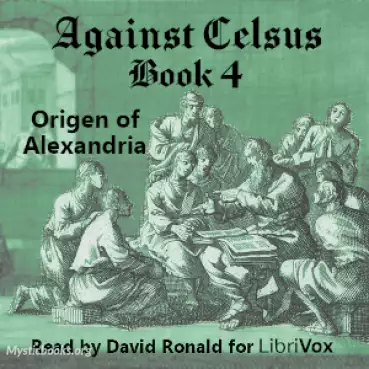
Against Celsus Book 4 by Origen of Alexandria
Against Celsus, preserved entirely in Greek, is a major apologetics work by the Church Father Origen of Alexandria, written in around 248 AD, counteri...
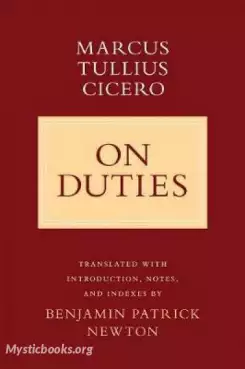
On Duties by Marcus Tullius Cicero
De Officiis (On Duties or On Obligations) is a 44 BC treatise by Marcus Tullius Cicero divided into three books, in which Cicero expounds his concepti...

Kaushitaki Upanishad by Anonymous
The Kaushitaki Upanishad is an ancient Sanskrit text that explores fundamental questions about the nature of reality, consciousness, and the human con...
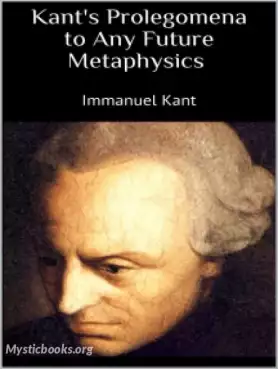
Prolegomena to Any Future Metaphysics by Immanuel Kant
Prolegomena to Any Future Metaphysics That Will Be Able to Present Itself as a Science is a book by the German philosopher Immanuel Kant, published i...
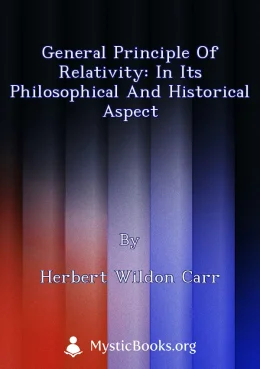
General Principle of Relativity: In Its Philosophical and Historical Aspect by Herbert Wildon Carr
Herbert Wildon Carr's "General Principle of Relativity" explores the philosophical and historical context of Einstein's revolutionary theory. Carr del...
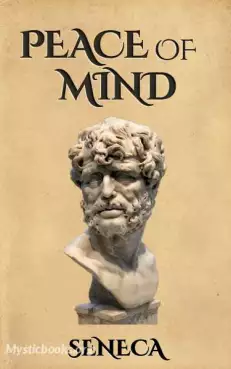
Of Peace of Mind by Seneca
How to maintain a tranquil mind amongst social upheaval and turmoil, addressed to Serenus.

On the Babylonian Captivity of the Church by Martin Luther
Prelude on the Babylonian Captivity of the Church was the second of the three major treatises published by Martin Luther in 1520, coming after the Add...

The New Organon by Francis Bacon
The Novum Organum is a philosophical work by Francis Bacon published in 1620. The title translates as "new instrument". This is a reference to Aristot...
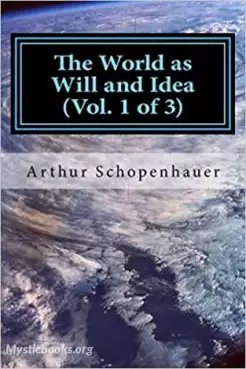
The World as Will and Idea, Volume 1 by Arthur Schopenhauer
The World as Will and Representation is the central work of the German philosopher Arthur Schopenhauer. The first edition was published in late 1818,...
Reviews for The Critique of Pure Reason
No reviews posted or approved, yet...
